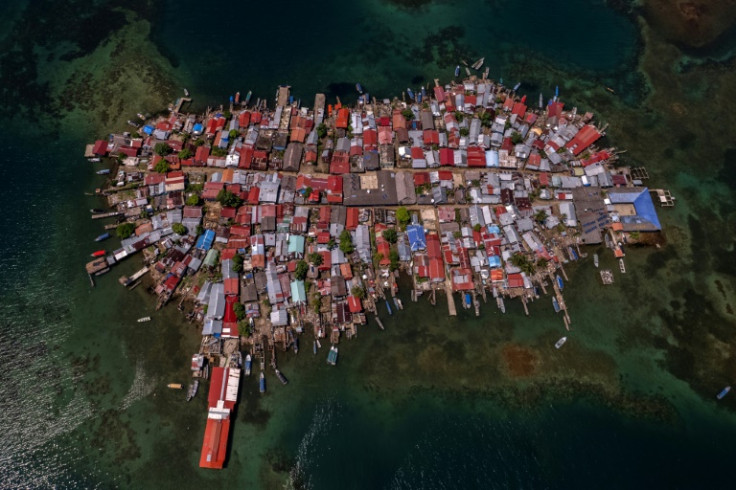
About 300 Panamanian families are gearing up to leave the place where they have lived their entire lives, as rising sea levels as a result of climate change have made their island uninhabitable in the long term.
The population of Gardi Sugdub, a tiny island off the country's Caribbean coast, is the first of 63 such communities expected to relocate through the years as a result of this, according to a new report by The Associated Press.
Gardi Sugdub is only 366 meters long and 137 meters wide. Every year its street are flooded as strong winds whip up the sea. And while climate change is not the only factor leading to floods, rising sea waters and stronger storms further complicate the residents' prospects.
According to AFP, residents had no drinking water, sanitation or reliable electricity and lived off fishing, the harvesting of starchy crops like cassava and plantain, traditional textile production, and some tourism.
Some of the 1,200 residents have so far refused to leave and authorities said they won't force them. The locals have tried to reinforce the island's edges with rocks and coral, among other objects, but water keeps on entering.
Panamanian authorities have developed housing for the displaced, the first one in the country as a result of climate change. The outlet reported they are concrete houses about a mile from the port and a short boat ride away from Gardi Sugdub.
"The climate crisis that the world is experiencing... has forced us here in Panama to move from the island to this urban development of about 300 homes," salient President Laurentino Cortizo said last week as he gave the keys of a house to one of the families.
The effects of climate change are palpable across Latin America, with hundreds of thousands of people recently displaced (possibly permanently) from Brazil's Rio Grande do Sul following massive rains and an extended heat wave that has left Mexico City practically without water.
© 2025 Latin Times. All rights reserved. Do not reproduce without permission.





